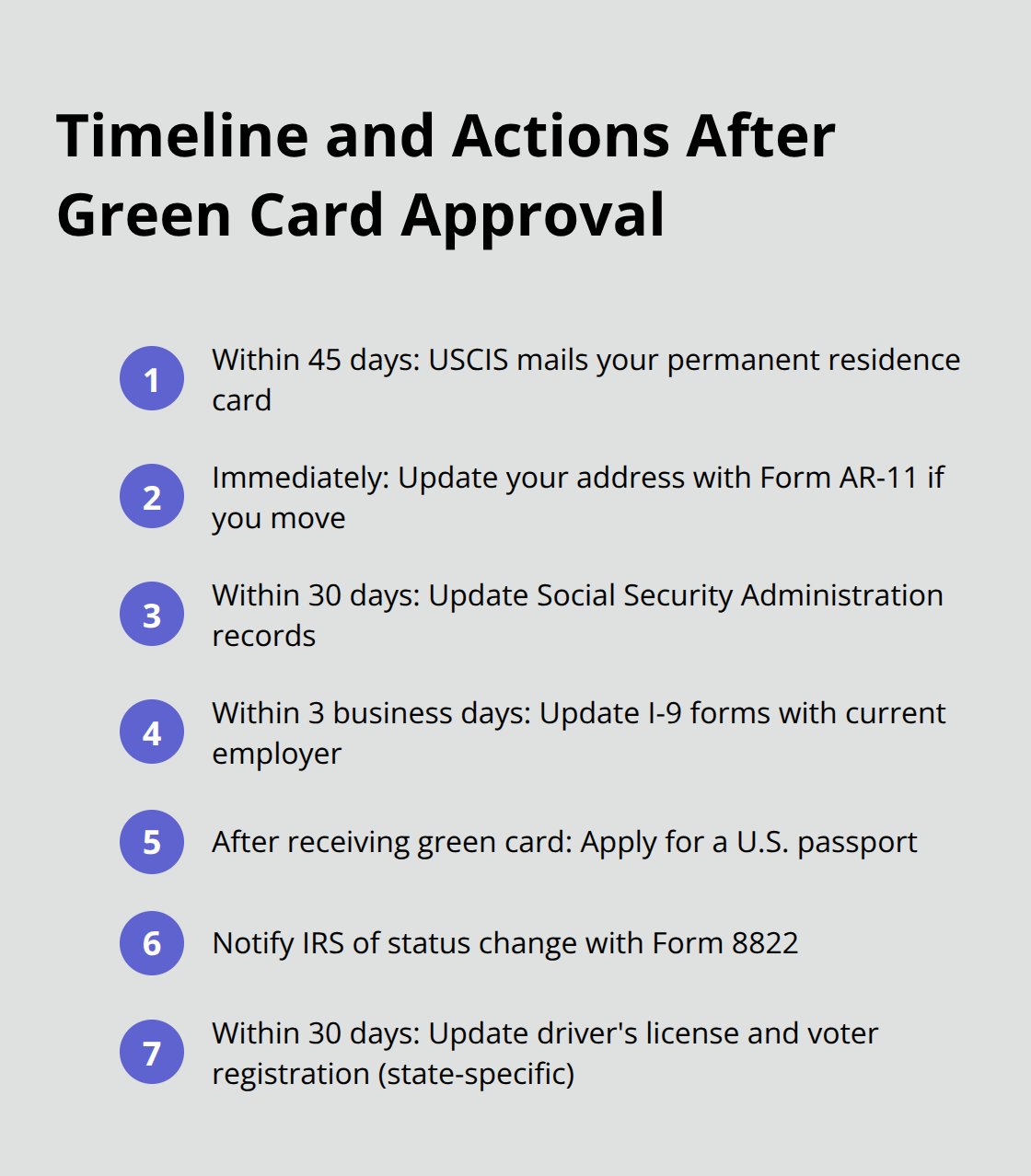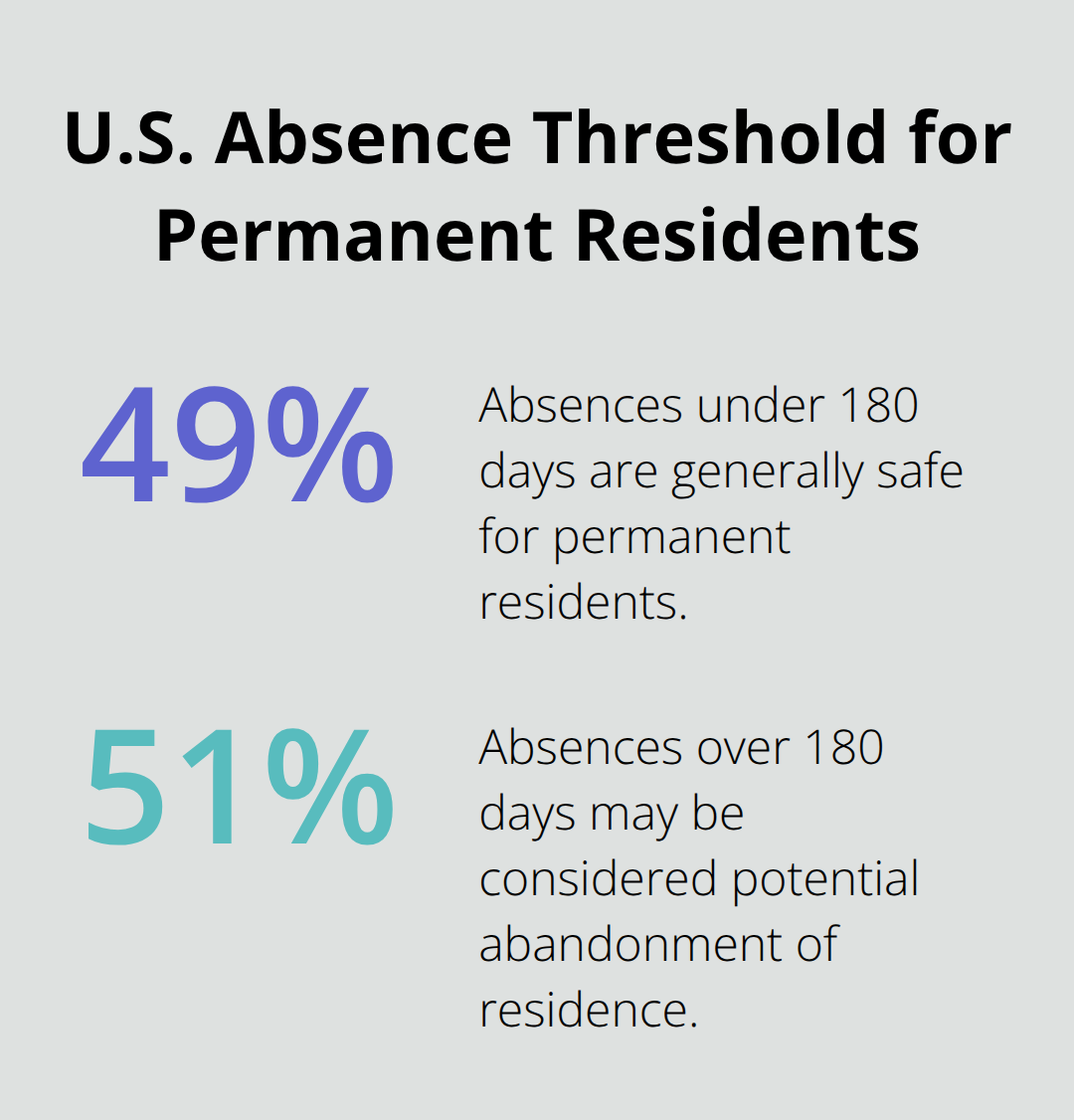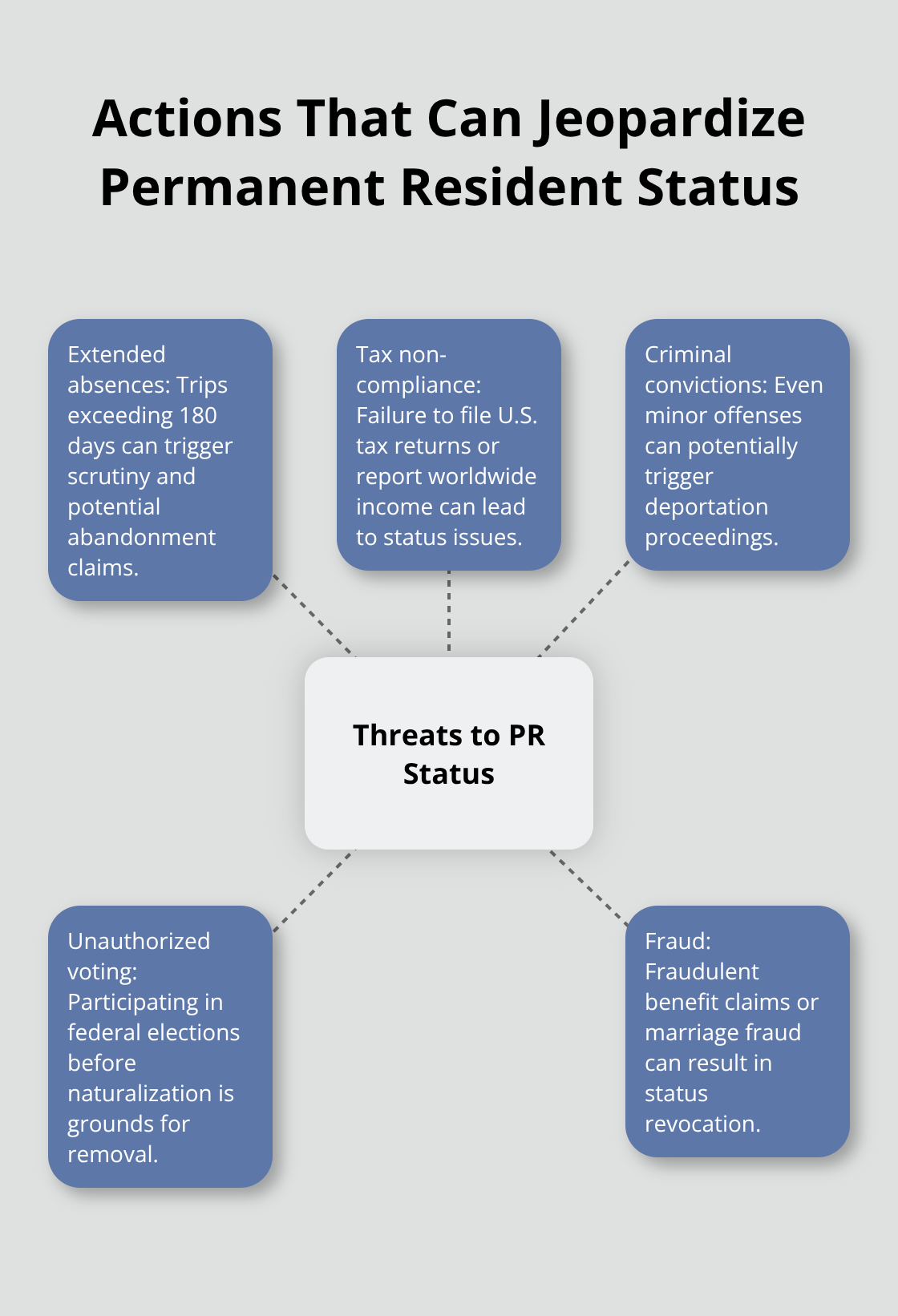
How to Proceed After Judge Grants Adjustment of Status
Getting approval after an immigration judge granted adjustment of status marks a major milestone in your immigration journey. However, the work doesn’t end with the judge’s decision.
We at Law Offices of Jeffrey A. Thompson know that many applicants feel uncertain about what comes next. Taking the right steps immediately after approval protects your new status and sets you up for long-term success as a permanent resident.
What Your Approved Status Actually Means
Your approved adjustment of status transforms your legal position from a temporary or unauthorized resident into a lawful permanent resident of the United States. This decision grants you the right to live and work permanently in the country, but the physical proof arrives later through the mail system.
Timeline for Your Green Card Arrival
USCIS typically mails your permanent residence card within 45 days after they receive your case file from the immigration court. This 45-day period starts after the judge issues the final order, not from the hearing date itself. Processing times include all time from receipt to completion, including biometrics submission and other required steps. If you move during this period, update your address immediately with Form AR-11 to avoid delivery delays that could extend the process by several weeks.

Your New Rights as a Permanent Resident
Permanent residents gain substantial rights that include unrestricted employment authorization, eligibility for Social Security benefits, and the ability to sponsor certain family members for immigration. You can now work for any employer without restrictions and change jobs freely. The government also allows you to apply for federal student aid and qualify for in-state tuition rates at many colleges (depending on state requirements).
Legal Obligations You Must Follow
These rights come with strict responsibilities that you must understand completely. You must maintain continuous residence in the United States, with trips abroad that exceed one year potentially triggering abandonment proceedings. As a green card holder, you generally are required to file a U.S. income tax return and report worldwide income no matter where you live. Additionally, you must carry your green card at all times once you receive it, as federal law requires permanent residents to have proof of status readily available. Failure to comply with these requirements can result in removal proceedings, even years after you obtain permanent residence.
With your new status confirmed, the next step involves updating various government records and notifying relevant agencies about your changed immigration status.
What Government Records Need Updates Now
Your adjustment approval requires immediate action across multiple government agencies that track your immigration status. The Social Security Administration must update your records within 30 days of receipt of your green card, but you can start this process immediately after the judge’s decision with your approval order. Visit your local SSA office with the final court order, your current Social Security card, and valid identification to remove work restrictions from your account. This update typically takes 24-48 hours to process and affects your ability to obtain employment verification through E-Verify systems that employers use for background checks.
Employment Authorization Changes Everything
Your approved status eliminates the need for Employment Authorization Documents, but current employers must update their I-9 forms within three business days of your status change. Present your approval order as temporary proof while you wait for your physical green card, which serves as permanent work authorization. Once an employer receives a Notice of Inspection, there are just three business days to present all I-9 documentation, making timely updates crucial for compliance. Contact your HR department immediately to avoid payroll complications or compliance issues that could affect your employment status. New employers can hire you without restrictions, but they still need proper documentation for Form I-9 completion.
Travel Documents and Agency Notifications
Apply for a U.S. passport immediately after you receive your green card rather than use a reentry permit for international travel. The State Department processes first-time passport applications in 6-8 weeks, compared to 5-7 months for reentry permits through USCIS. Your green card alone allows reentry for trips under one year, but a U.S. passport simplifies border crossings and provides backup identification. Notify the IRS of your status change with Form 8822 to update your taxpayer records, as permanent residents face different report requirements than temporary residents. State motor vehicle departments also require notification within 30 days in most states to update driver’s license records and voter registration eligibility (check your specific state requirements for exact deadlines).
These administrative updates lay the foundation for your new life as a permanent resident, but maintaining this status requires ongoing attention to specific legal obligations and restrictions.
How Do You Keep Your Green Card Valid
Permanent resident status demands strict compliance with residency and tax requirements that many new green card holders underestimate. USCIS considers any absence from the United States that exceeds 180 days as potential abandonment of permanent residence, regardless of your intentions.

Trips between six months and one year trigger closer scrutiny during reentry and require evidence of maintained U.S. ties such as employment, property ownership, or family connections. International travel that exceeds 180 days in any year also affects your eligibility for naturalization and resets the continuous residence clock required for citizenship applications.
Travel Restrictions You Must Follow
Extended absences create the most common problems for permanent residents. USCIS officers at ports of entry examine trips over six months with particular attention to your intent to maintain U.S. residence. You must demonstrate strong ties to America through employment contracts, lease agreements, bank accounts, or family relationships. Document these connections before you travel to avoid complications upon return. Customs and Border Protection maintains detailed records of all entries and exits, which immigration officers review during naturalization interviews years later.
Tax Compliance Protects Your Status
Permanent residents must file U.S. tax returns that report worldwide income, even when they live abroad temporarily. The IRS requires Form 1040 submission by April 15th annually, with extensions available through Form 4868 if needed. Failure to file tax returns creates presumption of residence abandonment and can trigger removal proceedings during naturalization interviews. State tax obligations vary significantly, with some states like Florida and Texas that impose no income tax, while others like California maintain tax claims on former residents for years after relocation (depending on specific circumstances and state laws).
Criminal Convictions That End Your Status
Criminal convictions pose the greatest threat to permanent residence, with even minor offenses that potentially trigger deportation proceedings. Aggravated felonies result in mandatory removal without relief options, while crimes of moral turpitude can lead to deportation based on sentence length and timing after admission. Immigration courts handle over 3.5 million pending cases as of 2024, with criminal-based removal cases receiving priority processing. Any arrest requires immediate consultation with an immigration attorney who understands both criminal and immigration consequences.
Other Actions That Destroy Permanent Status
Voting in federal elections before naturalization constitutes grounds for removal, as does fraudulent benefit claims or failure to register with Selective Service if required. Marriage fraud investigations can continue for years after green card approval and make documentation of legitimate relationships essential for protection against future challenges to your status. USCIS conducts random audits of adjustment cases and can reopen investigations based on new evidence or tips from third parties.
Final Thoughts
Your immediate actions after an immigration judge granted adjustment of status determine your success as a permanent resident. You must update Social Security records within 30 days, notify employers about your work authorization changes, and file required tax returns annually. These steps protect your new status from administrative complications that could create problems later.
USCIS monitors permanent residents through various systems and can initiate removal proceedings for violations that occur years after approval. You must maintain continuous U.S. residence, avoid criminal convictions, and document all international travel carefully. Compliance with immigration laws becomes your ongoing responsibility that requires constant attention.
Complex situations require professional guidance from experienced immigration attorneys. We at Law Offices of Jeffrey A. Thompson help clients navigate immigration challenges and protect their permanent resident status. Contact us when you face questions about travel restrictions, criminal issues, or naturalization eligibility that could affect your immigration future (especially when dealing with complicated legal scenarios).



